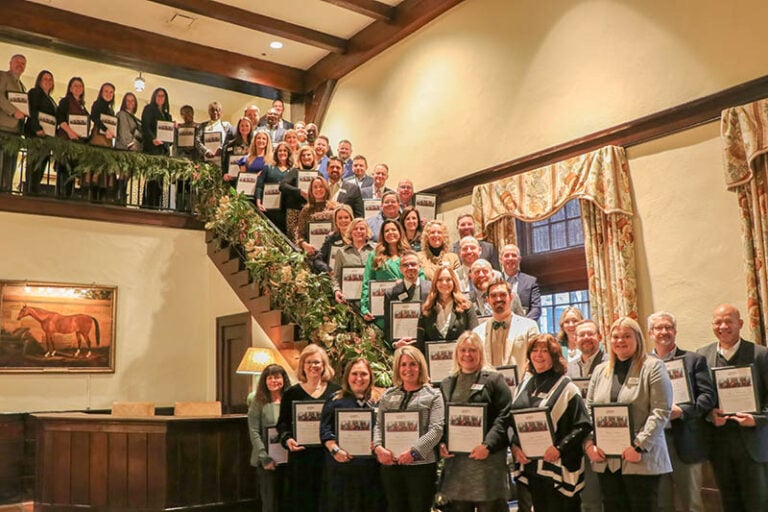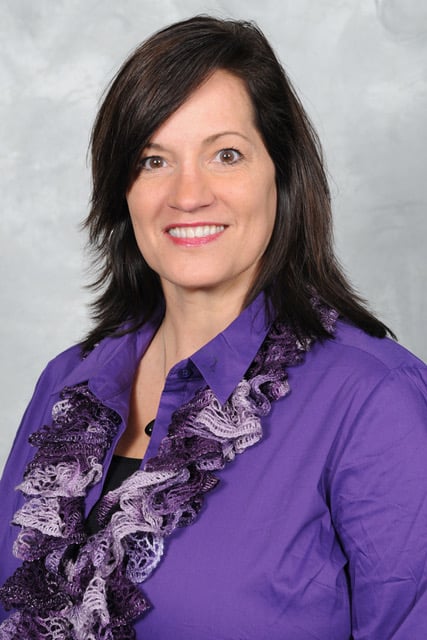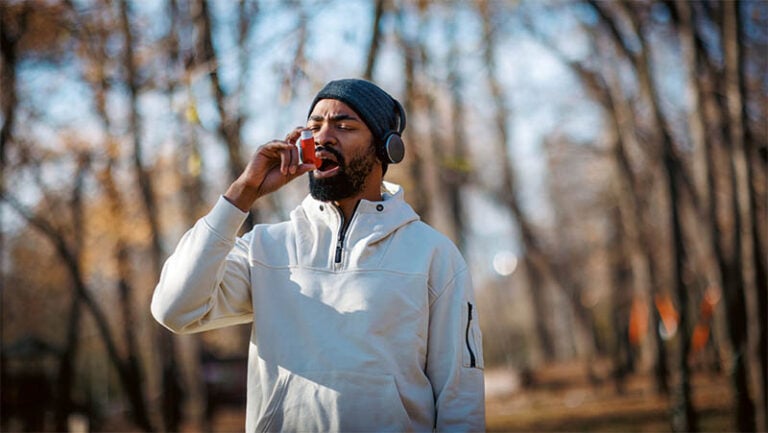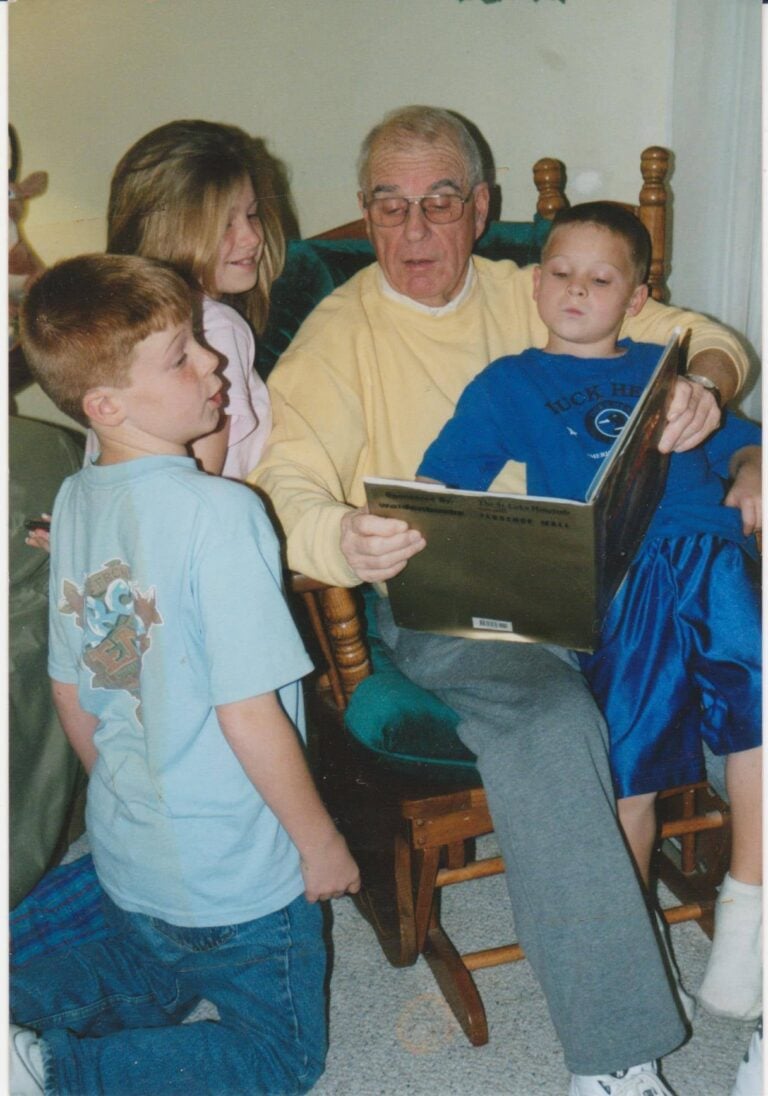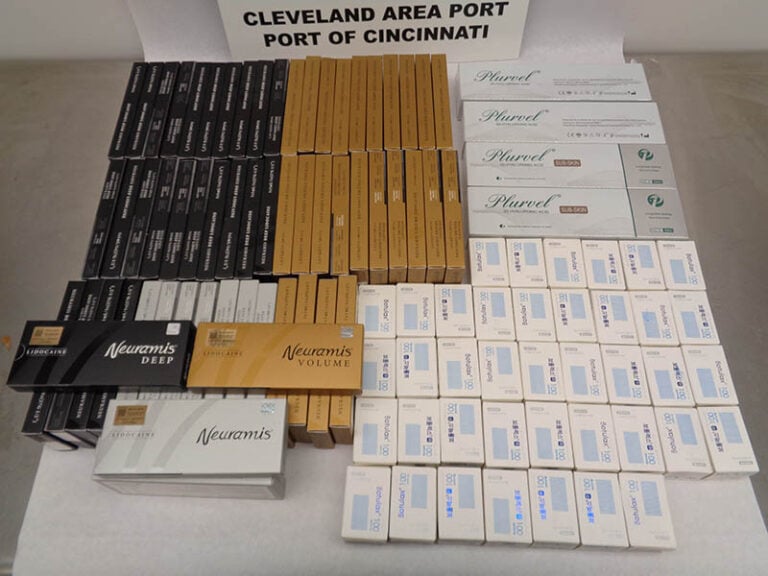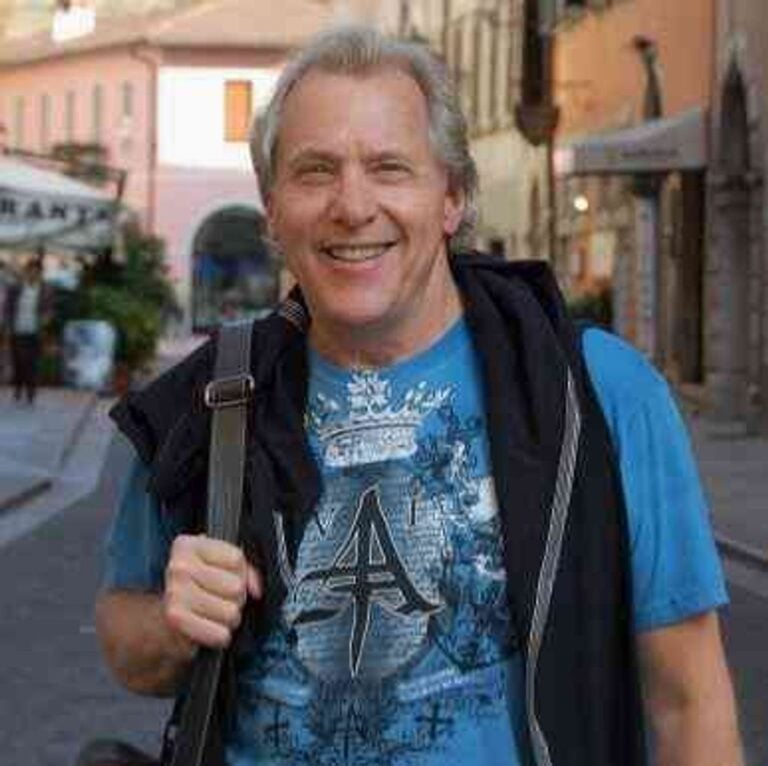By Patricia A. Scheyer
NKyTribune reporter
Northern Kentucky has a significant problem — it doesn’t have enough foster parents.
At any given time, almost 200 children are in foster care in Boone County alone. In the state of Kentucky there are 8,605 children in foster care, and there are 162 children in foster care in Campbell County, while Kenton County has 427 children in care.
Social Services Clinician Clyde Jamison and Social Worker Casey Bushelman came to the Florence city council caucus meeting a few weeks ago to ask if the city could put informational material in available places during the city’s various events for the community.

“We are in charge of the eleven counties in Northern Kentucky,” said Jamison, who said he and Bushelman are from the Kentucky Cabinet for Health and Family Services. “Our counties are Boone, Kenton and Campbell, and then Gallatin, Grant, Pendleton, Bourbon, Carroll, Scott, Owen and Harrison, but we are stationed in Boone County, on US 42 across from Ockerman.”
This is not a steady business. Although the state can count on having 200 children in foster care in Boone County at any given time, there are variables that put a strain on the system. No one can figure out exactly when a home situation will blow up and the children have to be taken out on an emergency basis. It can happen at any time, and many times it is the evening and night hours when emergencies occur. At the agency, Jamison said that if they can’t find someone to take children, there have been instances of a child sleeping on the couch in the office.
“Currently we have 58 DCCH foster homes and 74 PCC foster homes,” explained Jamison.
He said as of this time there are three groupings of children, newborn to 5 years old, 6 years to 11 years, and 12 years to 21 years. In Boone County there are 57 in the first group, 33 in the second group and 80 in the third group. Those do not include the medically complex children. They have determined that the most need is in children over 7 years of age.
In addition to the non-related foster homes, they do have the relatives, like grandparents or uncles and aunts, who agree to provide homes for the children, or ‘fictive’ kin, who are teachers or people who are very close to the family but not actually related.
DCCH is located in Ft Mitchell, and they have been dealing in foster care since 1999. The state refers children to them and they have to see if they have a foster home, and if it would be a good fit for each child.
“We deal with children from birth to age 21,” said Ron Bertsch, Director of Foster Care and Adoption. “Currently we have 31 children placed in 30 foster homes. Since the first of the year, the state has referred 4025 children, and in September alone they referred 378 children. Of course, we only could take two or three of those kids, because we don’t have the foster homes. I don’t force any family to take a child. It has to be a good fit.”
He said a good portion of the referred children are older and he finds that some foster families are fearful of the older children, although all the children in foster care are traumatized in some way. Some of the children are repeat requests from the state. The state might suggest a child, but there is no home immediately available, so they will refer the child again the next week, and then there might be a successful placement.
Bertsch said he has never thought about going to a government meeting, but he has spoken at different churches, because he feels like church goers have a ministry oriented mind and might respond better if he asked them to consider being a foster family.
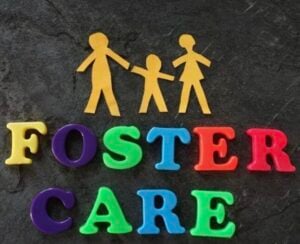
“We really need people who want to share their good home with children who didn’t have a good home,” Bertsch said. “It can be one of several levels of help, from mentoring, to respite care, to short term placement, to a full placement. We have a touching story on our website of a single person, who came to our facility, and became a mentor for one of the resident boys here. The mentorship went so well, that he became a foster parent for this boy, and as the relationship progressed, he adopted the boy. It is a great story, and it shows how a person or family can start out slowly, but end up being a steadying influence on one child, or many children. They just have to want to do it, and be courageous enough to take the chance.”
Bertsch said that there is training to become a foster parent that lasts 10 weeks, or thirty hours, and they have a new class starting in January. To become a respite care family, which means taking a child for an evening, to give regular foster parents a date night, or a weekend, or even a week away from the foster parents, the training is only 9 hours, or three weeks. DCCH offers the training four times a year.
“There is no formal training to be a mentor,” Bertsch said. “We meet with them and do a background check, but a mentor will meet a child during a therapy session, then come and spend some time with that child, maybe bring a game and play the game, or take the child out for lunch, or a movie, or a ball game, or even ice cream.”
Bertsch also said that November is adoption month, and on November 19, from 6:30 to 8:30 p.m., there will be an open house at DCCH at 75 Orphanage Road. There will be a power-point presentation, and people can ask questions and get an idea of how the system works, and how they can help make a difference in a child’s life.
“People can also go to our website, at DCCHCENTER.org, and that has most asked questions, as well as a form they can fill out which goes directly to me,” Bertsch said. “I will be glad to provide any information. The phone number here is 859-331-2040, and I can help you if you are interested. We need foster parents —- the children need foster parents — and we would love for people to find out how they can help.”











